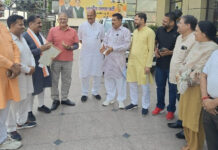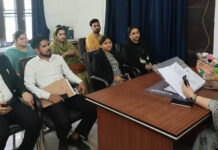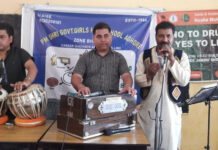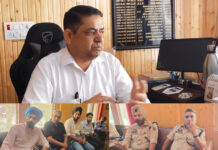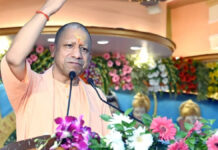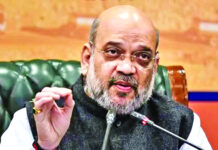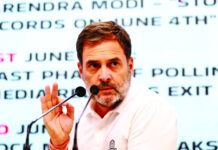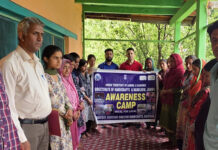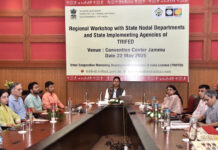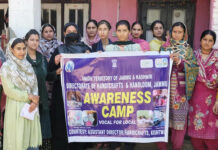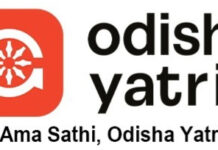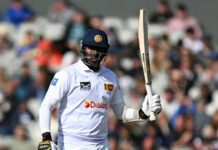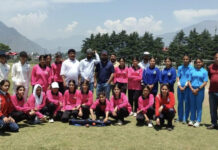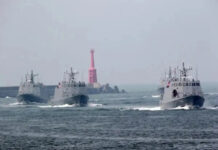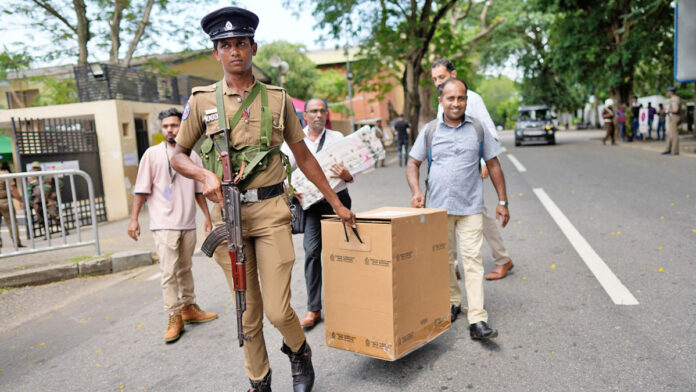At a time when the country is struggling to emerge from the worst economic crisis it faced since independence, Sri Lanka is all set to vote to elect its new president on Saturday. With 38 candidates in the fray, 170 million voters in Sri Lanka will decide the ninth president of Sri Lanka by a preferential voting system.
President Ranil Wickremesinghe of the United National Party (UNP) is contesting as an independent. He is backed by a major section of legislators from former president Mahinda Rajapaksa’s Sri Lanka Podujana Peramuna (SLPP).
Also in the fray are opposition leader Sajith Premadasa, leftist leader Anura Kumara Dissanayake and Mahinda’s son, Namal Rajapaksa.
Sajith’s Samagi Jana Balawegaya (SJB) has aligned with some of the prominent parties and has the support of the Tamil and Muslim minorities. The Tamils form 11 per cent of the total votes in Sri Lanka. And the Muslim minorities form 9.7 per cent of the population.
Anura is a Marxist-Leninist leader from the Janatha Vimukthi Peramuna (JVP), the main constituent of the National People’s Power (NPP) coalition.
While Ranil, Sajith and Anura are the frontrunners, Namal, the youngest in the fray, has made the contest tough for them. He is the official SLPP candidate, but his chances of winning even half of the 69 lakh votes polled by his uncle Gotabaya Rajapaksa in 2019 appear remote.
Other important candidates include Pakiyaselvam Ariyanethiran. Ariyanethiran is commonly fielded by the Tamil political party coalition in the North and the East of Sri Lanka. Ariyanethiran is also a sitting MP in the parliament. And then there is Nuwan Bopage. Bopage is the activist lawyer who led the Aragalaya protest movement in 2022. Another prominent face in the election is former military chief Sarath Fonseka.
With prominent names in the fray and the absence of terrorism and polarisation, this election in Sri Lanka has completely different issues before the people to decide on whom to vote for.
In 2019, the election was fought on security issues. And there were only two main contenders – Gotabaya Rajapaksa and Sajith Premadasa. While Gotabaya won with a decisive mandate, Sajith finished second. This election is being fought on the merits of each candidate. An economic crisis still looms large. And this election is establishment versus anti-establishment. The last election was held in the wake of the Easter bombings on April 21, 2019.
Compared to the 2019 election, this time the voters appear confused. In the rural areas outside Colombo, the masses look at Anura as a promising candidate, while the city elites stand by Ranil.
Sajith finds support largely from the farmers, teachers, doctors and the Tamil minority. Both Anura and Sajith have promised to abolish the executive presidency. The senior-most candidate in the presidential race is 75-year-old Ranil. But the erudite intellectual lacks charisma. He doesn’t have the backing of a strong political party. Most members of Ranil’s UNP are now with Sajith and a section of his supporters are from the SLPP.
Sajith is in a neck-and-neck contest with Anura. Anura is the most popular candidate among the rural masses in Sri Lanka in this election. He is the only candidate who doesn’t belong to a political family and came up from the active student politics movement by the Janatha Vimukthi Permamuna in the late 1980s. His party had shifted away from its anti-capitalist roots and briefly joined coalition governments. However, the JVP leadership is untested as administrators.
The next in the race is Namal Rajapaksa from the all-powerful Rajapaksa clan. The Rajapaksas until 2022, were powerful and always ran on a popular vote. But in 2022 the Aragalaya toppled Gotabaya Rajapaksa from power and a part of their political party Sri Lanka Podujana Peramuna shifted to Ranil Wickremesinghe. While there were deliberations to field Dhamika Perera as the candidate from SLPP, the Rajapaksas decided to field Namal who focuses on the young voters and address the issues of living costs.
Unlike the earlier elections, this time the preferential voting system might not give a decisive mandate. No candidate is expected to cross the 50 per cent mark as the votes will split among Ranil, Sajith and Anura. The second vote will likely be counted when none of the candidates crosses the 50 per cent mark.

